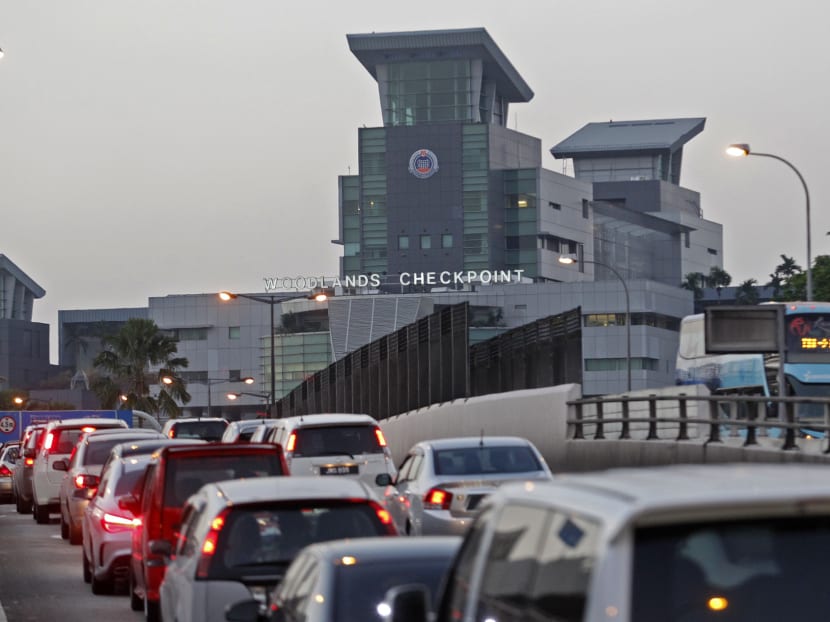Singapore's land checkpoints with Malaysia remain open, ICA urges public not to spread rumours
SINGAPORE — The Immigration and Checkpoints Authority (ICA) has refuted online rumours that the Republic's land checkpoints with Malaysia may have been closed, following claims by the Malaysian opposition that it had won enough Parliamentary seats to form the next government in Putrajaya.
SINGAPORE — The Immigration and Checkpoints Authority (ICA) has refuted online rumours that the Republic's land checkpoints with Malaysia may have been closed, following claims by the Malaysian opposition that it had won enough Parliamentary seats to form the next government in Putrajaya.
"ICA is aware of false information circulating via WhatsApp chatgroups that Singapore's land checkpoints may be closed," the agency said in a statement posted on Facebook at 11.25pm on Wednesday (May 9). "This is untrue."
The comments came as Malaysia's opposition leader Tun Dr Mahathir Mohamad claimed victory in a hotly contested election, and said the Pakatan Harapan (PH) pact had won at least 112 seats, enough to form a Parliamentary majority and the next government.
Official results for Malaysia's 14th General Election have not been announced.
ICA, in its statement on Wednesday, urged the public not to spread rumours, adding: "The public should also check official information sources such as ICA's website and social media platforms for information regarding Singapore's checkpoints."
It was the second night in a row that the agency had to refute rumours concerning Singapore's land checkpoints.
On Tuesday night, ICA issued a similar statement debunking a viral video which alleged that travellers heading to Malaysia from Singapore were stuck at the checkpoints.
The video, which made its rounds on social media and on messaging platforms, showed a huge crowd at an immigration checkpoint. It was suggested that the people were stranded following a fault with the clearance systems.
A reader in one of the Facebook groups later shared a screenshot of the video, which showed that it was circulating as early as December 2016.










